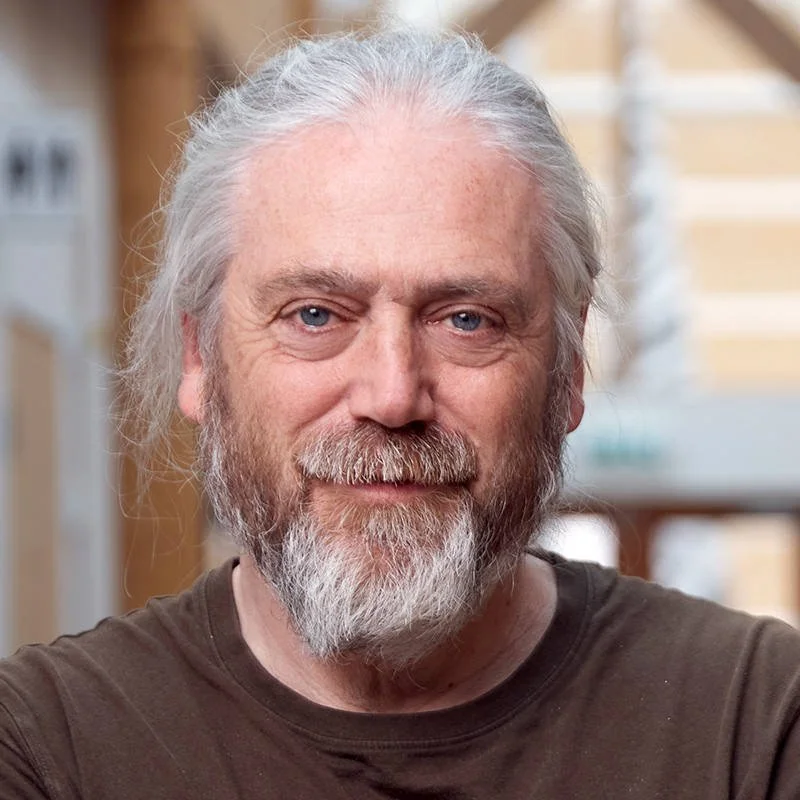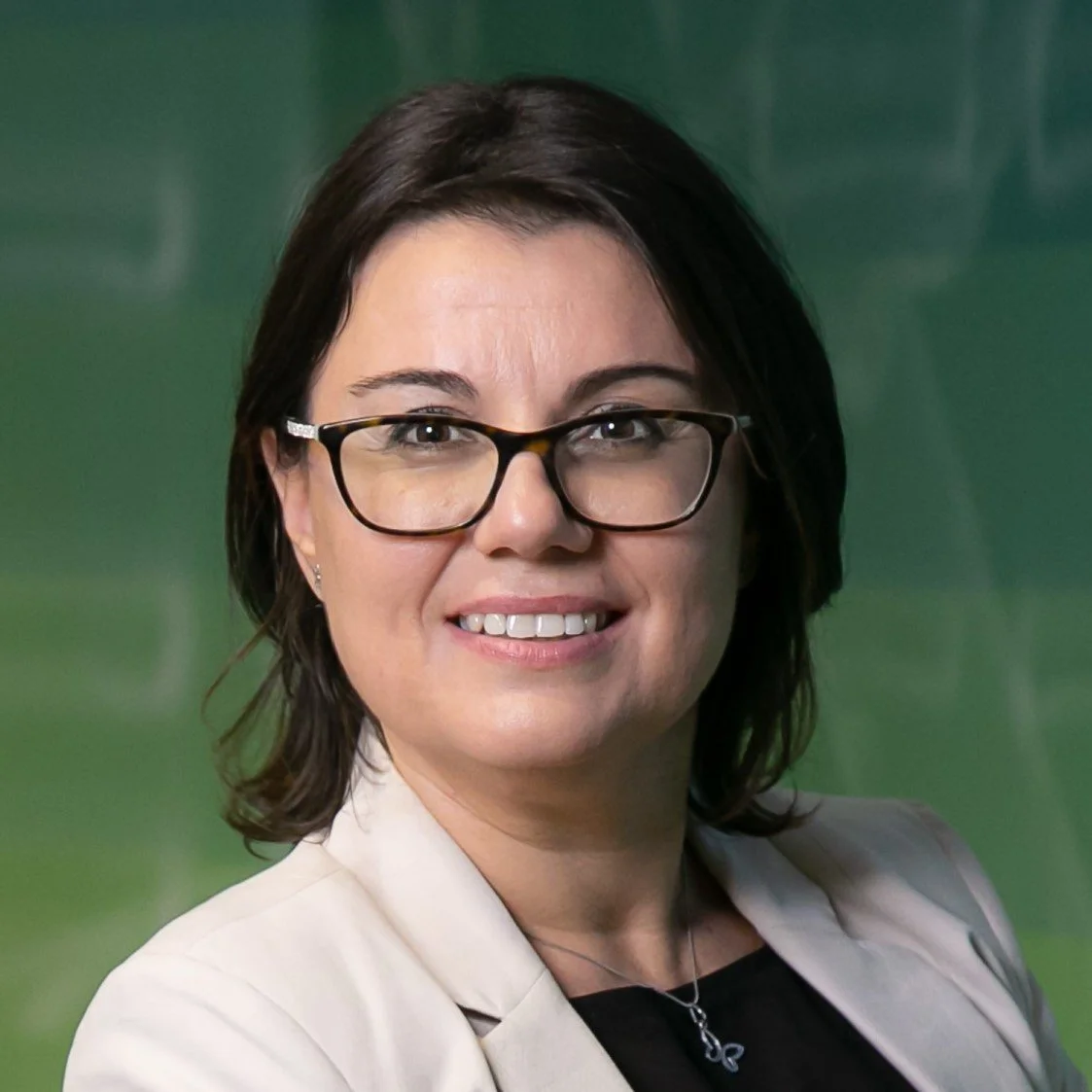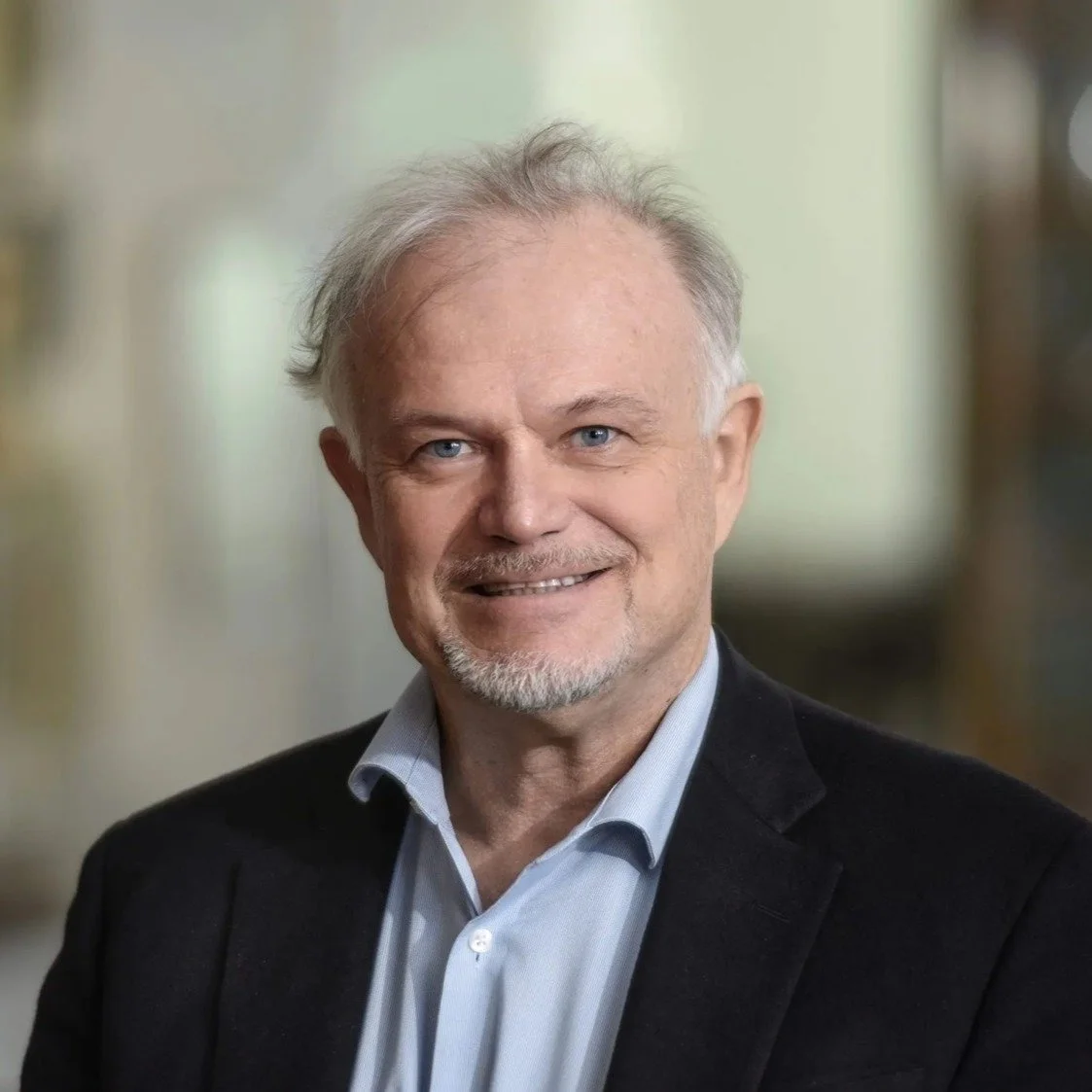

Frontiers Forum Deep Dive series
The Earth BioGenome Project Phase II: illuminating the eukaryotic tree of life
18 September 2025
Discover the next phase of the Earth BioGenome Project (EBP), which aims to sequence the DNA of all known eukaryotic species to protect biodiversity, improve global health, and drive scientific innovation.

Speakers
-

Prof Harris Lewin
Arizona State University, USA
-

Prof Mark Blaxter
Wellcome Sanger Institute, UK
-

Dr Federica Di Palma
Genome British Columbia, Canada
-
Prof Richard Gibbs
Baylor College of Medicine, USA
-

Prof Anne Muigai
National Defence University-Kenya, Kenya
-

Dr Juliana Vianna
Pontificia Universidad Católica de Chile, Chile

Sequencing the genomes of eukaryotic species through inclusive, global collaboration
In their Frontiers in Science lead article, the Earth BioGenome Project (EBP) leaders reveal a refined strategy to scale up the sequencing of 150,000 species. Thanks to major technical advances, high-quality genomes can now be produced 10 times faster and at significantly lower cost.
Hear the authors discuss how EBP’s next phase will accelerate biodiversity research, support global conservation, and extend genomic benefits to underserved regions using mobile sequencing labs. Alongside a panel of fellow experts, they explore the importance of open data sharing, training local scientists, and sequencing at the source—ensuring inclusivity, capacity-building, and benefit-sharing, especially in the Global South.
Agenda
Introduction
Deep Dive and methodology
Next steps and looking to the future
Panel discussion and Q&A

Speaker and contributor bios
-
Harris Lewin
Research Professor, Global Futures Laboratory
Arizona State University, USAProf Harris Lewin is a distinguished genome scientist and evolutionary biologist, known for his groundbreaking work in mammalian genomics and immunogenetics. He has made major contributions to our understanding of chromosome evolution and its relationship to adaptation, speciation and the origins of cancers.
Currently, a research professor at Arizona State University’s Global Futures Laboratory, Harris is also a distinguished professor emeritus of evolution and ecology and a former vice chancellor of research at UC Davis. He is a driving force behind the Earth BioGenome Project, a coalition of worldwide scientists and 50-plus ongoing projects that has a primary goal of completing, high-quality DNA reference genomes for all higher organisms on Earth, an estimated 1.8 million species.
Recognized internationally, Harris is a member of the National Academy of Sciences and recipient of the Wolf Prize in Agriculture—one of the field’s highest honors.
-
Mark Blaxter
Programme Lead, Tree of Life Programme and Senior Group Leader
Wellcome Sanger Institute, UKA zoologist by training, Prof Mark Blaxter is head of the Tree of Life Programme at the Wellcome Sanger Institute. In this role he leads pioneering efforts to generate and analyze reference genome sequences of all eukaryotic species in Britain and Ireland via the landmark Darwin Tree of Life Project, part of the Earth BioGenome Project global initiative.
Mark’s interests center on evolutionary genomics, biodiversity, and the origins and evolution of parasitism and symbiosis, particularly among neglected and non-model organisms such as nematodes, tardigrades, molluscs, and meiofauna.
Recognized for both innovation and leadership, Mark is a Fellow of the Royal Society of Edinburgh and several other prestigious societies that are dedicated to advancing conservation and genomics for worldwide impact.
-
Federica Di Palma
Chief Scientific Officer and Vice President, Research and Innovation
Genome British Columbia, CanadaDr Federica Di Palma is a leading genomics scientist with over 20 years of experience advancing biodiversity, genomics, and data science. Alongside her current role at Genome BC, Federica also serves as a Professorial Fellow in Biodiversity at the University of East Anglia, underscoring her commitment to academic excellence and thought leadership.
Federica has led numerous international collaborations, including key projects with the National Institutes of Health (NIH), Harvard, and the Massachusetts Institute of Technology (MIT), and has made significant contributions to the scientific landscape in both the UK and British Columbia. Formerly Director of Science at the Earlham Institute in the UK, she played a pivotal role in advancing food security research through cross-disciplinary initiatives in computational and molecular biology.
Passionate about biodiversity, she has spearheaded global research programs that bridge science, policy, and industry for long-term sustainability, with a focus on developing nations.
-
Richard Gibbs
Founding Director, Human Genome Sequencing Center
Baylor College of Medicine, USAProf Richard Gibbs is a pioneering geneticist and the founder and director of the Human Genome Sequencing Center (HGSC), one of the five worldwide sites selected to undertake and complete the Human Genome Project. Under his leadership the HGSC has led many genome projects for model species and contributed to the Mammalian Gene Collection, the Hapmap Project, the 1000 Genomes Project and the Cancer Genome Atlas.
Best known for his work in whole-genome sequencing for the discovery of genetic diseases, Richard and his team have developed tools for generating, manipulating, and analyzing genome data. In 2011, Richard was elected to the Texas Academy of Medicine, Engineering, and Science and the National Academy of Medicine and was recognized as one of the 400 most influential biomedical scientists in the world.
-
Anne Muigai
Deputy Vice Chancellor Academic and Student Affairs, Professor of Genetics
National Defence University-Kenya, KenyaProf Anne Muigai is a renowned professor who is committed to advancing genetic research for sustainable development. With over 20 years of experience in molecular population genetics she has led notable research contributions to the field of African indigenous animal genetics and climate resilience.
An experienced leader within academia and policy Anne is part of the Bayer Bioethics Council and has served on many high-profile boards, including the WHO Advisory Committee on Governance and Oversight of Human Genome Editing, the African Technology and Innovations Incubators Advisory Committee (ATIIAC), and the Animal Genetic Resources Advisory Group (AnGR-TAG) for Africa.
Dedicated to mentoring young African scientists, Anne has served as the Chief Judge for the Young Scientists Kenya National Science and Technology Exhibition. She is current Chairperson of the African BioGenome Project, a pan-African initiative aiming to characterize 100,000 African species within a decade.
-
Juliana Vianna
Associate professor, Faculty of Biological Science
Pontificia Universidad Católica de Chile, Chile
Dr Juliana Vianna is a distinguished biologist specializing in biodiversity, phylogeography, species adaptation, and cryptic speciation. Her research has significantly advanced knowledge in evolutionary biology, population genetics, and adaptive genomics, with a focus on wild vertebrates—including more than 15 years studying seabirds in Antarctica.She is Alternate Director of the Millennium Institute Center for Genome Regulation (CGR), Principal Investigator at the Millennium Institute for Biodiversity of Antarctic and Subantarctic Ecosystems (BASE), and Chair of the Chilean 1,000 Genomes initiative, a national effort affiliated with the Earth BioGenome Project and the European Reference Genome Atlas (ERGA) to sequence reference genomes of native Chilean eukaryotic species.
Dedicated to knowledge transfer and public engagement, she has supervised over 50 students in their thesis research.

